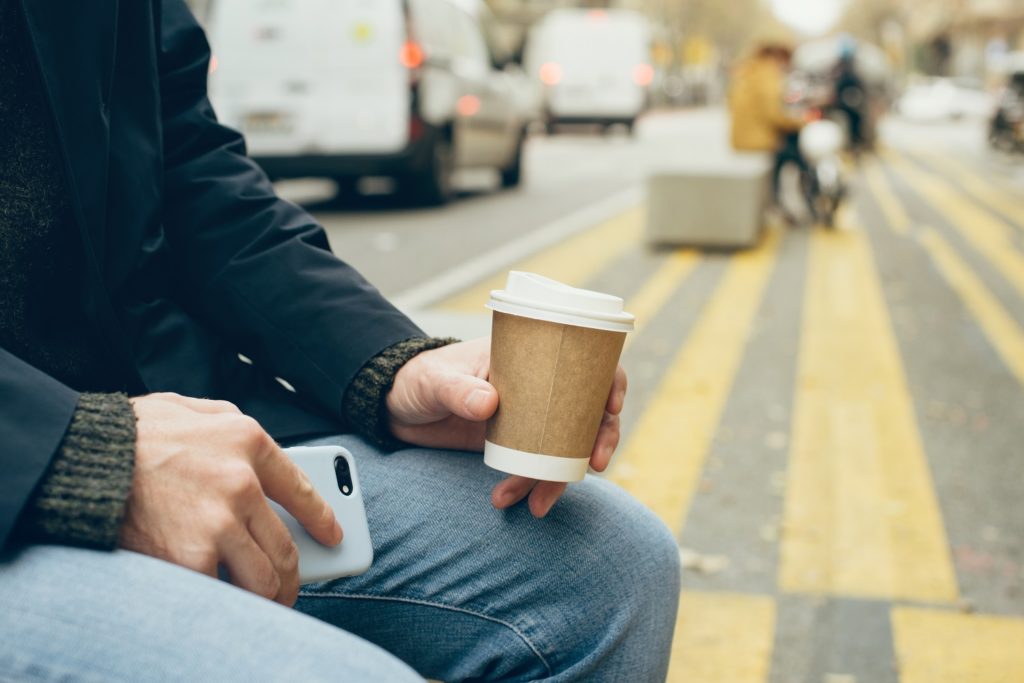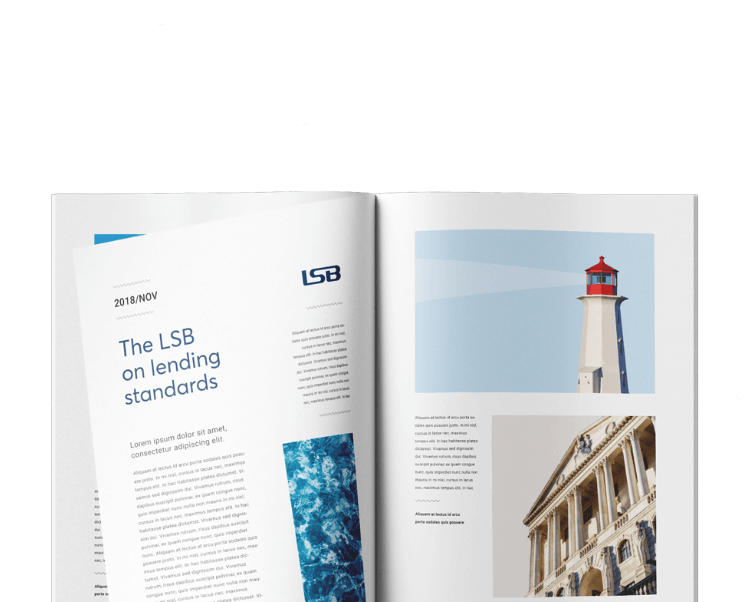Hugh Webster, Insight Manager
Before the coronavirus pandemic hit, I rarely thought about loneliness. I certainly never experienced it. You see, I’m the middle of identical triplets, so have never really been alone, even since before I was born. I have always had the companionship of people with shared interests, who think similarly to me, and who have a bond few will ever experience. The notion of loneliness had, to me, always felt foreign and unknowable. In fact, I associated loneliness with older people, or those marginalised within society, such as refugees, or those with disabilities.
What I now understand is that loneliness, that feeling of a loss or lack of friendship and interaction, isn’t confined to a few stereotyped groups. I know this because I recognise periodically feeling the same since the pandemic emerged.
I don’t think that I was prepared for the lack of choice – that when the country was told not to socialise, where possible not to go into work, and to only leave our homes for essential purposes – the difference between being told I couldn’t do these things, rather than making a choice myself, was stark. So where previously I relied on seeing family, friends, and colleagues face-to-face for their friendship and support, I couldn’t do this, and didn’t feel as though I had a choice in the matter.
I can recognise now, with the benefit of some distance, how difficult this was for me to adjust to. Like many people, I stayed in touch with friends and family virtually, through video-calls, online quizzes, and so on. But I know I’m not the only person who felt fatigued by this pretty quickly, and found it much less fulfilling than in-person interactions.
That was certainly a challenging time for us all but now, having come out of lockdown and restrictions, I am trying to look at the positives. Yes, I experienced loneliness and no, it wasn’t pleasant. But I now have a greater understanding and empathy for those who continue to be isolated. This is especially relevant given my job in financial services, and the importance of understanding how loneliness and vulnerability can negatively affect customers. For example, scammers often thrive by targeting those people who are lonely.
Scammers operate by using their understanding of social engineering to manipulate and trick their targets. They often do this by pretending to be somebody in authority, such as from your bank, and will even pose as a friend or family member. These scammers are cynical and sophisticated, using anything to their advantage, including any vulnerability brought about as a result of loneliness. Even during my relatively brief time on my own during lockdown, I know that I was far more willing to pick up phone calls from numbers I didn’t recognise, or which were unexpected, after I had spent too long without speaking to anybody.
Reflecting on this now, it seems clear to me that I was more susceptible to potentially being scammed because of the effects of being lonely and craving some interaction. What I previously unthinkingly benefitted from was the ability to explore with others whether a particular caller or relationship was genuine. The lack of social interaction removed one way I could protect myself from being manipulated.
I’m thrilled to be able to socialise with friends again, to see family face-to-face, and even to go back to the office, but I think my experiences, and what I learned from feeling lonely, will stay with me.
I’m now much more aware that we can all suffer from loneliness, without any warning; the things I thought that mattered when it comes to loneliness, such as age, seem much less relevant to me now. What I think really matters is taking responsibility to look out for those in your community, not least because, unfortunately, there are those who would look to take advantage of people in situations like this.









